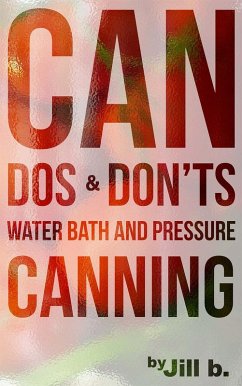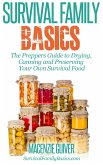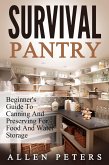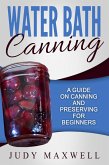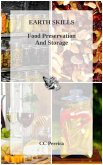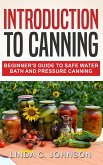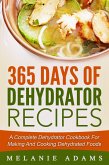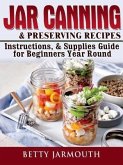Don't be a killer. In 2015, home-canned potatoes killed one and sickened a dozen. Don't let this incident scare you away from home-canning either. There are many reasons to home-can. Perhaps you have embarked on a sustainable self-sufficient homesteading lifestyle. You may have a healthy edible garden filled with organic produce free from chemicals and dangerous additives. You may have fished, hunted or raised chickens or rabbits for meat. Perhaps you're a survival prepper wanting to stock up on cheap, seasonal food in preparation of a zombie apocalypse or an economic collapse. Or perhaps you've simply found a good deal on groceries and want to stock up to save money and to help with the family budget. Unfortunately, your abundant harvest will not last long unless it is safely preserved. In addition to drying, freezing, fermenting and pickling, canning is a good way to store your food long term. The question is how do you start? Home canning is not as straightforward as some of the other preservation methods and carries the risk of botulism contamination if not processed correctly. Unfortunately, not all canning sources or recipes, not even your "tried and true" family recipes, can be trusted. The environment, bacterial strains and even our food itself has changed over the years. Produce has become less acidic while bacterial strains have evolved. Canning techniques that were once safe may no longer be. Home canning can be economical, healthier, tasty, nutritious and fun. Lucky ones may have fond childhood memories of the best of summer's harvest being home canned. Unfortunately, some canning recipes and methods that proliferate the internet are downright dangerous.
~ This book does not contain recipes but contains links to SAFE researched-backed canning recipes from University Extension offices as well as the USDA ~
In this book you will learn the do's and don'ts of home canning fruits, vegetables, salsas, meat, seafood and fish as recommended by the Master Food Preservers. Discover the importance of using proper acids and salts. Tips on how to make your canning efforts go more smoothly are also included. Don't wait any longer! Order this book today.
Dieser Download kann aus rechtlichen Gründen nur mit Rechnungsadresse in A, B, CY, CZ, D, DK, EW, E, FIN, F, GR, H, IRL, I, LT, L, LR, M, NL, PL, P, R, S, SLO, SK ausgeliefert werden.

